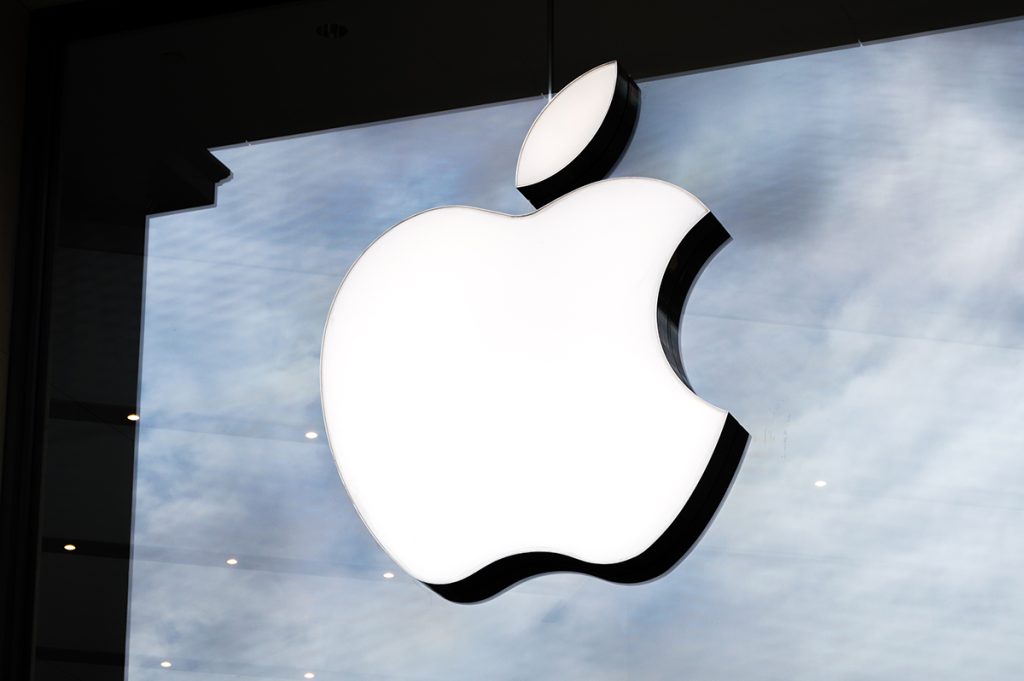At its recent Worldwide Developers Conference (WWDC), tech giant Apple made waves with its announcement of a groundbreaking integration of artificial intelligence (AI) into its product ecosystem. Partnering with OpenAI, the company behind ChatGPT, Apple showcased its commitment to advancing AI while maintaining its hallmark emphasis on user privacy and security.
The crux of Apple’s AI strategy lies in the differentiation between its proprietary AI suite, dubbed Apple Intelligence, and the integration of ChatGPT. Apple Intelligence is tailored to offer personalized assistance by leveraging individual data, encompassing details such as relationships, communications, and calendar events to enhance user experiences. Meanwhile, ChatGPT serves as a bridge to broader knowledge, providing users with access to a wealth of information beyond their personal data.
Users can opt-in to share data with ChatGPT, while Apple Intelligence automatically accesses a wide array of personal information. OpenAI has agreed not to store user prompts or collect IP addresses from Apple users, ensuring an additional layer of privacy for those utilizing ChatGPT through Apple’s ecosystem.
Central to Apple’s AI implementation is a commitment to on-device processing, minimizing the transmission of sensitive data to external servers. The company’s Private Cloud Compute technology enables AI tasks to be processed securely in the cloud, with data scrubbed after each use. This approach not only safeguards user privacy but also underscores Apple’s dedication to data protection.
Apple’s emphasis on privacy extends to its AI training practices. The company asserts that its AI models are trained on licensed data, with stringent filters in place to remove personally identifiable information. While Apple acknowledges scraping public internet data for training purposes, it has not disclosed the specific sources utilized, raising questions about data acquisition and intellectual property considerations.
Despite these assurances, some concerns linger regarding the potential implications of Apple’s AI integration. The opt-in nature of data sharing with ChatGPT may not assuage all privacy concerns, especially amid growing scrutiny over data collection practices by tech companies. Additionally, the reliance on internet-scraped data for AI training highlights broader debates surrounding data ownership and the ethical implications of AI development.
Nevertheless, Apple’s approach to AI represents a significant step forward in balancing technological innovation with user privacy. By prioritizing on-device processing and implementing robust privacy measures, the company aims to mitigate potential risks associated with AI while delivering enhanced user experiences.
Apple’s foray into AI integration marks a pivotal moment in the evolution of its product ecosystem. As the company continues to refine its AI capabilities and expand its partnership with OpenAI, users can expect further advancements that seamlessly blend technology and privacy.
In an era defined by heightened concerns over data privacy, Apple’s commitment to prioritizing user security sets a precedent for the broader tech industry. As consumers increasingly demand transparency and accountability from tech companies, Apple’s AI integration serves as a testament to its unwavering dedication to protecting user privacy in an increasingly connected world.


